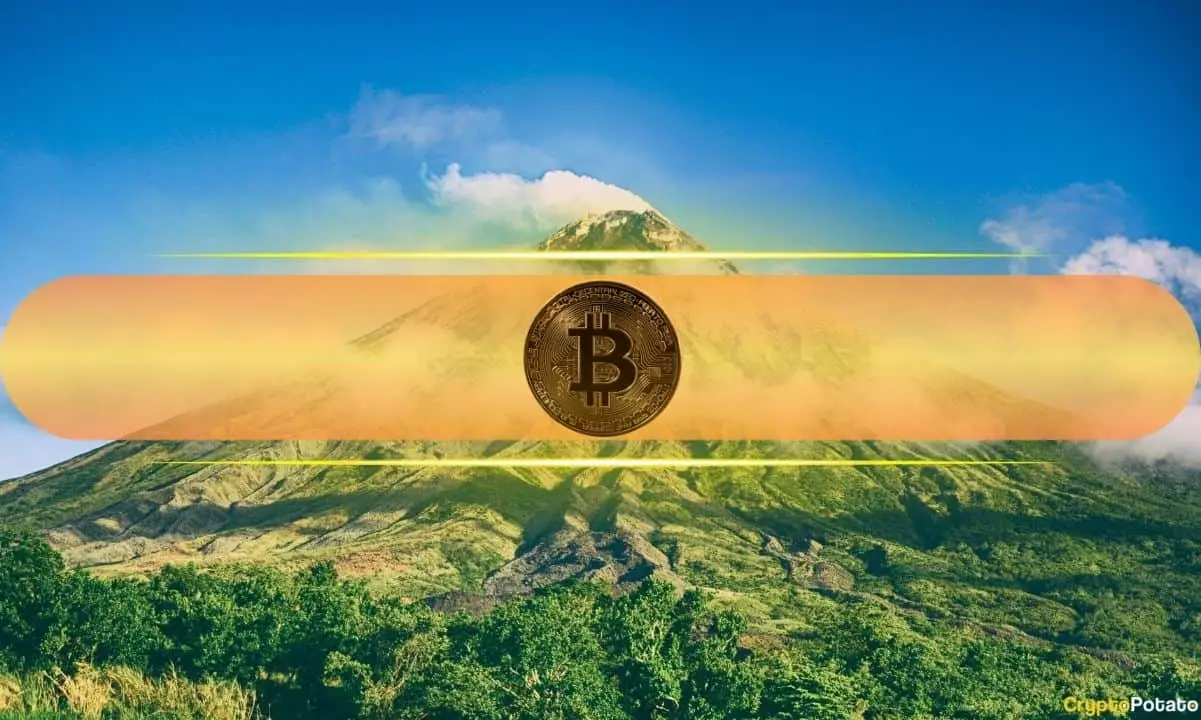El Salvador recently managed to negotiate a staff-level agreement with the International Monetary Fund (IMF) regarding its 40-month Extended Fund Facility (EFF). While this may initially seem like a positive turn for President Nayib Bukele’s administration, the agreement is anything but a blank check. The IMF’s support is conditioned on the successful implementation of various fiscal and structural reforms, creating an arduous balance between maintaining independence and meeting international demands. The stark reality is that while the country is experiencing economic growth, the underlying challenges remain complex and multifaceted, raising questions about long-term sustainability.
The IMF officials, Rodrigo Cubeddu and Luis Torres, lauded El Salvador’s advances in certain fiscal and governance benchmarks. However, one must consider whether this praise masks deeper issues within the country’s economic framework. Are we really witnessing a revival, or is it merely a façade maintained through tight fiscal policies? The rapid pace at which these reforms are implemented could create friction among various sectors, leading to considerable unrest, especially given Bukele’s controversial governance style.
Fiscal Consolidation and Its Implications
As part of the agreement, El Salvador is set to continue tightening its fiscal belt, which includes notable cuts to the public wage bill and a general restraint on current expenditures. These decisions may appear wise in the short term, but who will bear the cost in the long run? Civil servants and the public sector are going to feel the pinch, and the socio-political landscape might become volatile as a result.
Moreover, the impending Fiscal Sustainability Law is framed as a commitment to better financial practices. However, one has to ponder whether these initiatives will lead to genuine economic resilience or simply serve as a temporary fix for deeper structural problems. Additionally, the planned increase in deposits at the Central Bank—while aimed at bolstering external reserves—does not tackle the essential need for innovation or growth in diverse economic sectors to secure a robust future.
Bitcoin: The Elephant in the Room
While the agreement is indeed a step forward, the specter of Bitcoin continues to loom large over El Salvador’s economic landscape. The IMF has expressed ongoing concerns regarding Bukele’s Bitcoin strategy, placing restrictions on any additions to the government’s BTC holdings. In one breath, the government professes its commitment to fiscal responsibility, and in the next, it stubbornly pursues a controversial cryptocurrency agenda. The duality of this approach is striking and begs the question: Does Bukele really believe Bitcoin can be the golden ticket, or is it merely a populist gimmick?
There is a deep irony in the fact that even with IMF oversight, the country continues to buy Bitcoin at the rate of one BTC per day. As of May 2025, with approximately 6,190 BTC in its possession, valued at around $675 million, the country stands at a precipice. The administration seems intent on proving that Bitcoin is central to El Salvador’s future. Yet, the ever-shifting marketplace raises alarms about volatility and sustainability. The IMF’s conditions limiting crypto involvement appear to conflict with the administration’s aggressive Bitcoin acquisitions, illustrating a precarious balancing act between innovation and oversight.
Toward a Sustainable Economic Future
While investor confidence is reportedly high, is it grounded in a genuine belief in El Salvador’s economic trajectory or merely the speculative allure of Bitcoin? The country is undeniably grappling with enormous issues, from fiscal discipline to macroeconomic stability, while simultaneously attempting to craft an identity as a crypto-savvy nation. Bukele’s administration must tread carefully to navigate these turbulent waters.
The endorsement from the IMF is a lifeline, but a cautious embrace of these reforms could lead to unforeseen consequences if the populace grows weary of austerity measures. On the one hand, El Salvador has encountered a fleeting moment of progress, but on the other, it risks alienating its citizens who may not understand—let alone support—the underlying vision.
As El Salvador tethers its future to highly speculative assets, one has to wonder: is it on the path toward economic revitalization, or are we witnessing a gamble that could backfire spectacularly? For a nation as small as El Salvador, this balancing both progress and prudence will be a significant test that could influence not just its fate but the broader narrative of fiscal policy in libertarianism. The world is watching closely.


Leave a Reply